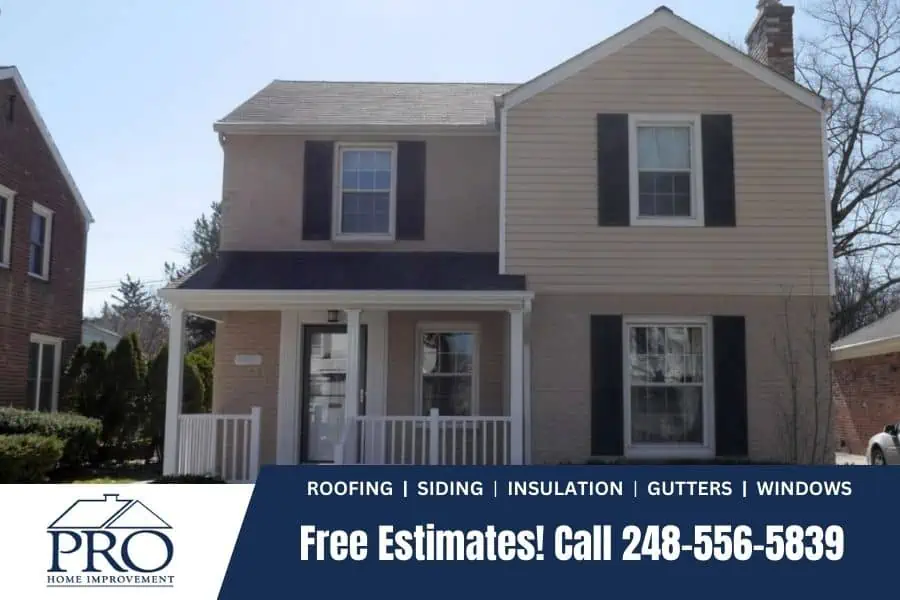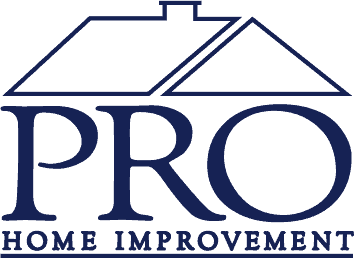Home insulation in Ferndale Michigan is crucial in creating a comfortable and energy-efficient living environment. It serves as a barrier to heat flow, keeping your home warm during the winter and cool during the summer. This helps reduce your heating and cooling costs and minimizes your environmental impact by decreasing energy consumption.
Insulation also contributes to sound control, reducing noise pollution for a quieter home. Furthermore, it can provide some air safety protections, preventing dust and allergens from entering the house.
From an environmental perspective, proper insulation reduces carbon emissions, as less energy is required for heating and cooling. Additionally, insulation minimizes the risk of air leakage from windows, doors, or cracks, enhancing energy efficiency.
The Science Behind Insulation
Insulation stops heat transfer, which can occur in conduction, convection, and radiation. In its most basic form, insulation works by trapping air within the insulation material. The movements of air molecules are much more restricted within the insulation, slowing the transfer of heat through the material by convection.
Heat always moves from a warmer space to a cooler one. Insulation does not generate heat; it simply slows down the movement of heat through building materials. In cold climates, insulation slows down the heat from leaving the house, while in hot climates, insulation slows down the hot outside air from entering the cool inside.
In simpler terms, insulation blocks heat from entering the home during summer and holds heat in winter, resulting in a cooler home in the summer and a warmer home in the winter.

Different types of insulation materials
When choosing the right type of insulation for your home, it’s important to consider factors like cost, environmental impact, and performance.
The most common types of insulation are fiberglass, cellulose, spray foam, and rigid foam. Fiberglass is typically used in batts or rolls, while cellulose is often found as loose fill. Spray foam can be applied in liquid form to fill cavities and other hard-to-reach areas. Rigid foam is often used around pipes and ducts where it can provide the most significant insulation benefits.
Each material has its unique properties that make it suitable for specific applications over others. It’s essential to research and consult an expert before deciding which insulation is best for your home.
Save Money and Energy with Proper Insulation
Insulating your home is one of the most cost-effective ways to reduce energy costs. The more efficient your insulation, the less money you will spend on heating and cooling bills over time. Proper insulation in a well-sealed house can help save up to 20% of the energy used to cool and heat.
Insulating your home correctly can also help reduce the wear and tear on appliances due to temperature fluctuations, extending their lifespan. A well-insulated home is much quieter than one without insulation, reducing outside noise distractions and creating a more peaceful living atmosphere.
Regular maintenance is vital!
Even the best insulation can only do its job if adequately maintained. It’s essential to check your insulation regularly for signs of wear and tear and any gaps or openings that could let air in or out. Call a professional contractor such as Pro Home Improvement immediately to assess and repair the damage if you notice anything unusual. We provide free price estimates and can inspect your insulation for problems. Call us to get started!
Frequently Asked Questions (FAQ)
Q: How often should I check my insulation?
A: Generally, inspecting your insulation at least once a year is a good idea. It’s also important to be on the lookout for any signs of wear and tear and gaps or openings that could let air in or out.
Q: What is an efficient way to insulate my home?
A: The most efficient way to insulate your home is with an integrated system approach, which combines different insulation materials for optimal performance. Call us today to learn more about an overall insulation inspection for your home.
Powered by bank ifsc code

